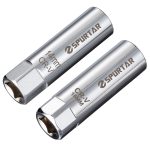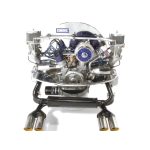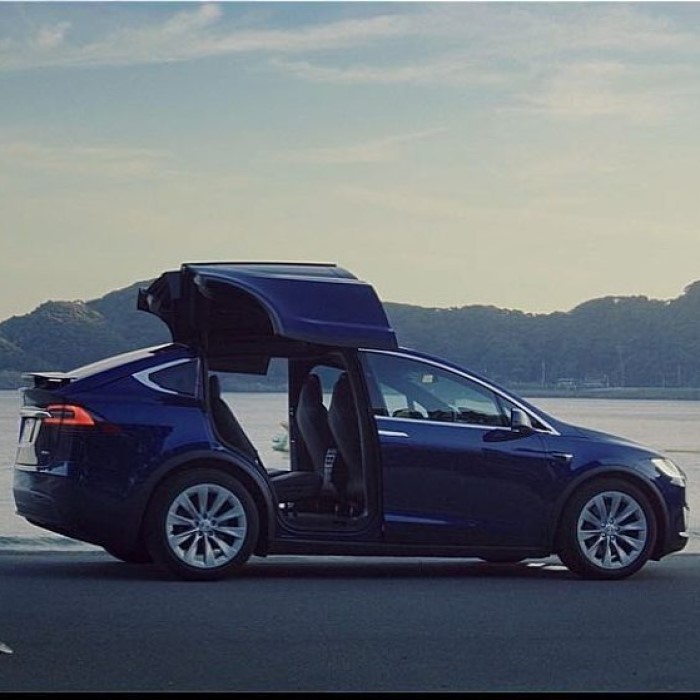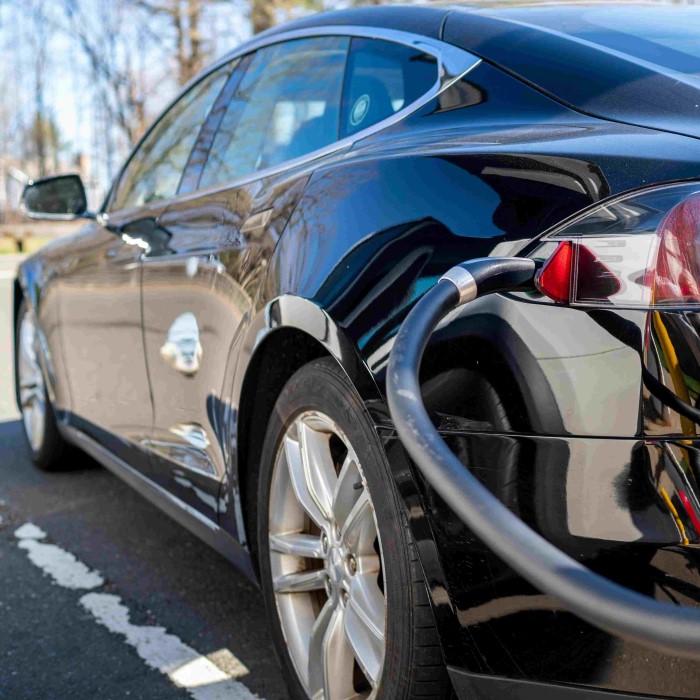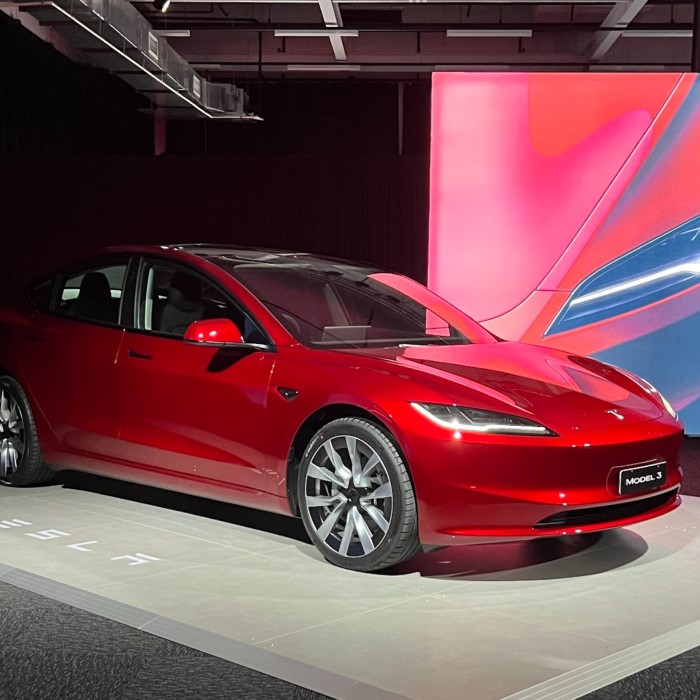Introduction: The Rise of the Tesla Hydrogen Car
The automotive industry is in a transformative phase, with innovative technologies reshaping how we perceive transportation. Among the latest developments is the Tesla hydrogen car, a potential game-changer poised to gain popularity among environmentally conscious consumers. Unlike traditional gasoline vehicles, hydrogen-powered cars represent an eco-friendly approach to driving, utilizing sustainable energy sources.
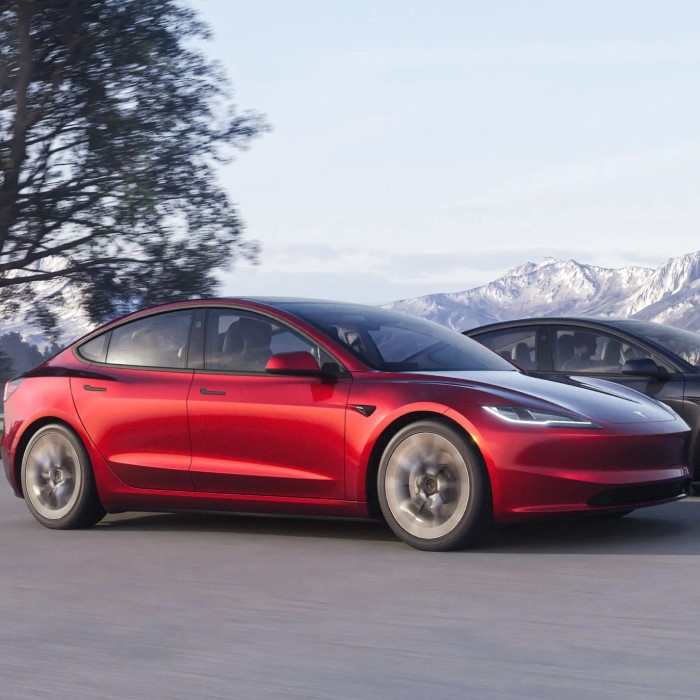
As Tesla continues to innovate within the automotive sector, exploring hydrogen fuel technology has put the spotlight on hydrogen vehicles. This article will delve into why the Tesla hydrogen car is gaining traction, its benefits compared to electric vehicles, emerging trends in the industry, and what this could mean for the future of transportation.
Tesla’s Approach to Sustainable Energy
Tesla focuses on clean energy and innovation to combat climate change. The company sees sustainable energy as a key solution for a better future. Their efforts center on electric vehicles, energy storage, and renewable energy production.
Pioneering Electric Vehicles
Tesla revolutionized transportation by making EVs mainstream. Its cars feature advanced battery technology, long ranges, and zero emissions. This aligns with their mission to reduce fossil fuel dependency and greenhouse gas emissions.
Solar Energy Solutions
Tesla’s solar products help households and businesses harness renewable energy. Solar panels and the Solar Roof allow users to generate their electricity from sunlight effectively.
Energy Storage Systems
Tesla developed Powerwall and Powerpack for clean energy storage. These systems provide backup power and stabilize renewable energy grids.
Commitment to Zero Emissions
By focusing on EVs and renewable energy solutions, Tesla is committed to a zero-emissions future. Their innovations aim to make sustainable energy accessible and affordable for everyone.
Tesla’s sustainable approach contrasts its position on hydrogen cars. The company has emphasized reliance on batteries over hydrogen as a fuel source for its environmental goals.
Differences Between Hydrogen Cars and Electric Vehicles
Hydrogen cars and electric vehicles (EVs) are both zero-emission alternatives to traditional gasoline cars. However, they operate on distinct technologies and offer unique benefits and challenges. Below, we explore the key differences between the two.
Energy Source and Storage
- Hydrogen Cars: Use hydrogen fuel stored in tanks. Energy is created by a fuel cell.
- Electric Vehicles: Operate on electricity stored in lithium-ion batteries, charged via power grids.
Refueling and Charging Time
- Hydrogen Cars: Refuel in under five minutes, similar to gasoline cars.
- Electric Vehicles: Charging can take 30 minutes to several hours, depending on the charger.
Driving Range
- Hydrogen Cars: Typically travel over 300 miles per refuel.
- Electric Vehicles: Range varies but often less than hydrogen cars, improving with newer models.
Infrastructure Availability
- Hydrogen Cars: Depend on limited hydrogen refueling infrastructure.
- Electric Vehicles: Benefit from a widespread and growing network of charging stations.
Environmental Impact
- Hydrogen Cars: Emit only water vapor. Hydrogen extraction can still involve greenhouse gases.
- Electric Vehicles: Emit no direct emissions. Electricity generation may impact emissions, depending on the source.
Vehicle Costs
- Hydrogen Cars: Currently more expensive due to limited production and technology.
- Electric Vehicles: Initially costly but decreasing as production scales up.
Understanding these differences clarifies why Tesla focuses on EVs. While hydrogen cars show potential, EVs align more with Tesla’s goals and existing infrastructure investments.
Pros and Cons of Hydrogen-Powered Vehicles
Hydrogen-powered vehicles offer unique advantages and face specific challenges. Understanding these can highlight their potential and limitations.
Pros of Hydrogen-Powered Vehicles
- Eco-Friendly Emissions: Hydrogen cars emit only water vapor, reducing air pollution significantly.
- Fast Refueling: Refueling takes less than five minutes, similar to conventional gasoline vehicles.
- Long Driving Range: They provide over 300 miles per refuel, often outpacing many electric vehicles.
- Energy Efficiency: Hydrogen fuel cells convert fuel into energy with high efficiency.
- Silent Operation: Like EVs, hydrogen cars operate quietly, enhancing driving comfort.
Cons of Hydrogen-Powered Vehicles
- Limited Infrastructure: Hydrogen fueling stations are sparse, restricting widespread adoption.
- High Production Costs: Hydrogen cars remain expensive due to specialized materials and technologies.
- Energy-Intensive Hydrogen Extraction: Extracting hydrogen consumes significant energy, sometimes emitting greenhouse gases.
- Storage and Transport Challenges: Hydrogen storage requires high-pressure tanks, complicating logistics and safety.
- Unproven Durability: Fuel cell systems face questions about long-term reliability and maintenance needs.
Hydrogen-powered vehicles have clear environmental and performance benefits. However, current challenges hinder their mass appeal. These factors are critical when comparing them to Tesla’s battery-powered EVs.
Tesla’s Stance on Hydrogen Fuel Technology
Tesla firmly favors battery-powered electric vehicles (EVs) over hydrogen fuel technologies. The company believes battery solutions are superior for achieving a sustainable future.
Preference for Battery Innovations
Tesla invests heavily in advanced battery technology. It views lithium-ion batteries as efficient, scalable, and eco-friendly. Hydrogen fuel cells, in contrast, are seen as costly and energy-intensive.
Criticism of Hydrogen Infrastructure
Tesla points out that hydrogen requires complex systems for production, storage, and distribution. These challenges make hydrogen less practical compared to widespread electricity grids and EV charging stations.
Efficiency and Environmental Concerns
Elon Musk has often criticized hydrogen as an inefficient energy carrier. Producing hydrogen can also emit greenhouse gases when fossil fuels are used. Tesla advocates directly using renewable electricity in EVs rather than converting it to hydrogen.
Focus on Existing Investments
Tesla hydrogen car has deeply invested in EV technology and infrastructure. Expanding into hydrogen would divert resources from its primary mission of making EVs mainstream. This reinforces its decision to prioritize batteries.
Tesla’s clear stance on hydrogen mirrors its commitment to battery-powered solutions. The company believes EVs align better with its vision for clean, accessible, and sustainable transportation.
Challenges in Adopting Hydrogen Car Technology
Hydrogen cars offer exciting possibilities, but adoption challenges slow their progress. These hurdles impact their market potential.
High Cost of Hydrogen Car Production
Manufacturing hydrogen cars is expensive. Specialized materials and fuel cells drive up costs. This makes hydrogen vehicles less affordable than electric vehicles, limiting consumer interest.
Limited Refueling Infrastructure
Hydrogen stations are rare globally. Building infrastructure requires significant investment and collaboration. Without accessible refueling points, widespread adoption remains difficult.
Energy Demands for Hydrogen Extraction
Extracting hydrogen consumes large amounts of energy. Many methods rely on fossil fuels, reducing eco-friendliness. This inefficiency challenges the sustainability claims of hydrogen cars.
Safety Concerns in Hydrogen Storage
Hydrogen storage presents safety issues. Storing hydrogen requires high-pressure tanks, increasing logistics complications. Handling hydrogen safely poses risks not faced by electric vehicles.
Slow Supply Chain Development
The supply chain for hydrogen technology is underdeveloped. Hydrogen production, transport, and distribution remain complex processes. These barriers hinder rapid adoption compared to established EV networks.
Less Public Awareness
Many people are unfamiliar with hydrogen vehicles. Limited knowledge reduces consumer confidence. Building awareness is key for market acceptance and growth.
Addressing these challenges is crucial for hydrogen cars. Solutions require collaboration, investment, and innovation to unlock their potential fully.
Comparison of Hydrogen Cars with Tesla’s Lithium-Ion EVs
Hydrogen cars and tesla hydrogen car’s lithium-ion electric vehicles (EVs) offer different solutions for sustainable transportation. Examining their distinctions highlights Tesla’s preference for batteries over hydrogen as a primary energy source.
Efficiency and Energy Use
- Hydrogen Cars: Rely on fuel cells to convert hydrogen into electricity, losing energy in the process.
- Tesla’s EVs: Use electricity stored in batteries with fewer conversion steps, making them more efficient.
Refueling and Charging Infrastructure
- Hydrogen Cars: Require specialized refueling stations, which are both scarce and expensive to build.
- Tesla’s EVs: Benefit from Tesla’s extensive Supercharger network and the growing availability of charging stations.
Environmental Impact
- Hydrogen Cars: Produce water vapor as emissions, but hydrogen extraction can emit greenhouse gases.
- Tesla’s EVs: Emit no direct emissions. Their environmental impact depends on how the electricity is generated.
Costs and Affordability
- Hydrogen Cars: Expensive to produce due to advanced fuel cell materials and limited production volume.
- Tesla’s EVs: Becoming more affordable as battery production scales and innovations reduce costs.
Maintenance and Durability
- Hydrogen Cars: Rely on complex fuel cell systems, raising long-term reliability concerns.
- Tesla’s EVs: Use simpler drivetrains, requiring less maintenance and offering proven durability.
Market Availability
- Hydrogen Cars: Limited models are available and adoption is slow due to infrastructure barriers.
- Tesla’s EVs: Widely adopted worldwide with a leading market share in EV technology.
Tesla’s preference for lithium-ion batteries aligns with its focus on efficiency, scalability, and existing infrastructure. While hydrogen cars hold potential, Tesla’s EVs offer practical solutions for advancing clean and sustainable transportation.
The Future of Tesla in the Hydrogen Vehicle Market
Tesla’s position in the hydrogen vehicle market is worth analyzing. Although Tesla champions lithium-ion EVs, the rise of hydrogen cars presents questions about future strategies. The company’s current focus suggests limited plans for hydrogen vehicle development. However, market changes and technological advances could influence Tesla’s approach.
Focus on Lithium-Ion EVs
Tesla remains dedicated to improving lithium-ion battery technology. It views batteries as efficient and scalable. Hydrogen cars offer advantages, but Tesla sticks to its foundation of battery-powered transportation. This commitment is tied to its investments in EV infrastructure and manufacturing.
Challenges for Hydrogen Adoption
- Infrastructure Limitations: One of the significant hurdles for hydrogen adoption is the lack of a comprehensive hydrogen refueling infrastructure. Compared to the extensive network of electric vehicle charging stations, hydrogen fueling stations are relatively sparse. This scarcity makes it difficult for potential hydrogen car owners to find convenient refueling options, leading to concerns about the practicality of owning a hydrogen vehicle.
- High Production Costs: The production of hydrogen, particularly when aiming for clean and sustainable methods, remains prohibitively expensive. Current techniques, such as electrolysis, require significant energy inputs, which drive up costs. Until production methods can be refined to be more cost-effective, the economic viability of hydrogen cars will be a challenge.
- Complexity of Energy-Efficient Processes: Achieving high levels of energy efficiency in hydrogen production is inherently complex. Many existing processes either rely on fossil fuels, which contradict the environmental goals of using hydrogen as a clean fuel, or are inefficient, leading to energy losses. This complexity can deter investment and development in hydrogen technology, hindering progress in the sector.
- Comparative Practicality of Battery Solutions: Given Tesla’s established focus on battery electric vehicles (BEVs), the practicality of hydrogen cars stands in stark contrast to the company’s existing, proven technologies. Tesla’s battery solutions have gained widespread acceptance due to their efficiency, performance, and the existing infrastructure to support them. As a result, hydrogen adoption may seem less practical to both consumers and companies, given the stability and convenience offered by electric alternatives.
- Consumer Awareness and Education Needs: Another challenge is the general lack of awareness and understanding of hydrogen technology among consumers. Many potential buyers may be hesitant to adopt hydrogen vehicles due to misconceptions about safety, reliability, and performance compared to electric vehicles. Education and outreach will be crucial in addressing these concerns and promoting the benefits of hydrogen fuel.
Opportunities in Hydrogen Technology
Market demand for clean energy may push tesla hydrogen car to explore hydrogen. Hydrogen could work alongside batteries in certain markets. As global efforts support green technology, Tesla might consider hybrid approaches to leverage both systems.
Future Possibilities
Tesla could find niche markets for hydrogen vehicles. Heavy-duty transport and specific regions might demand hydrogen-powered solutions. Broad adoption depends on lower costs and improved infrastructure.
Commitment to Innovation
Tesla prioritizes sustainability and innovation. Whether through batteries or hydrogen, it will adapt as needed. The company explores various technologies to stay at the cutting edge of clean energy.
Tesla’s future in the hydrogen vehicle market remains uncertain. Yet, its focus on EV dominance and flexibility to innovate leave doors open for hydrogen advancements down the road.
Conclusion: The Road Ahead for Tesla Hydrogen Cars
In conclusion, the Tesla hydrogen car is poised to gain popularity due to its innovative technology and environmental benefits. As the automotive industry shifts toward sustainability, embracing hydrogen fuel presents a promising alternative to traditional electric vehicles. By understanding the advantages, challenges, and market trends associated with hydrogen technology, both consumers and manufacturers can participate in this evolving landscape.
As we look to the future, continued advancements in infrastructure, production, and consumer education will play pivotal roles in the widespread adoption of hydrogen cars. With leading companies like Tesla stepping into this space, the promise of clean, sustainable, and efficient transportation is closer than ever. The journey toward a hydrogen-powered future is marked by innovation, and the Tesla hydrogen car is at the forefront.

